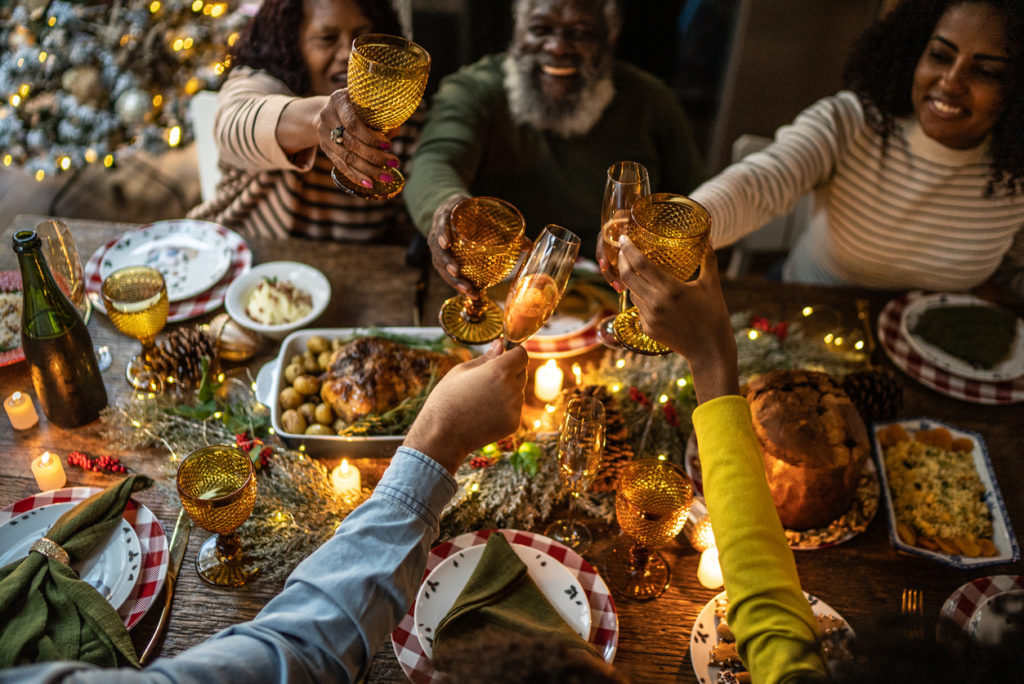New research from independent creative agency Impero has revealed that consumer spending habits have changed, with respondents willing to spend money on food (47%), alcohol (38%), holidays (36%), coffee (33%) and beauty (31%). Fashion is set to lose out, with 32% of consumers trading down to prioritise spending elsewhere.
Prompted by the news that some 56% of consumers feel like they are worse off vs a year ago [NielsenIQ, 2023], Impero surveyed 1000 UK consumers, via their cultural insights and research platform ‘The Move’, to identify current shopping habits in relation to premium goods – and ultimately help brands thrive despite the cost-of-living crisis.
Hype and scarcity are no longer attractive to premium consumers, with only 6% agreeing that these would be purchase drivers. Instead, consumers – particularly younger generations (31%) – are buying affordable luxuries by opting for mid-range brands over traditional luxury. Nike, Samsung, British Airways, Clinique and John Lewis are popular choices for this new consumer mindset.
Those surveyed had an average yearly spend of £671on premium products. Millennials aged 35-44 were found to be the biggest spenders with an average of £1000 a year.
The research outlines ‘the new rules of premiumisation’:
- Express yourself – brands must use imagination and originality to design new rituals and occasions to reach undiscovered audiences.
- Use values to prove value – value is more than price deep, consumers are willing to spend in other ways such as through education or emotional investment.
- Redefine to realign – unlock new meaning by reimagining your brand for a new generation. Consumers increasingly allow brands to evolve and change their offering.
- Functional dominance – The battle lines between luxury and premium lie in ‘elevated essentialism’. The consumer mindset is shifting from a luxury image towards what a product can offer in terms of functionality and convenience under its ‘premium’ claim.
Charlotte Willcocks, Head of Strategy at Impero, said: “There is little research into what brands need to do now to maintain dominance in an ever-changing premium space which is why we wanted to publish the ‘new rules of premiumisation’. There is a lot of pressure for brands to show value resulting in a race to the bottom in who can claim ‘value’ best with a stripped-down approach. However, the research shows there are a huge number of consumers still looking to trade up through everyday luxuries so there is a disconnect occurring. There is an opportunity for brands to meet the consumer demand.”











